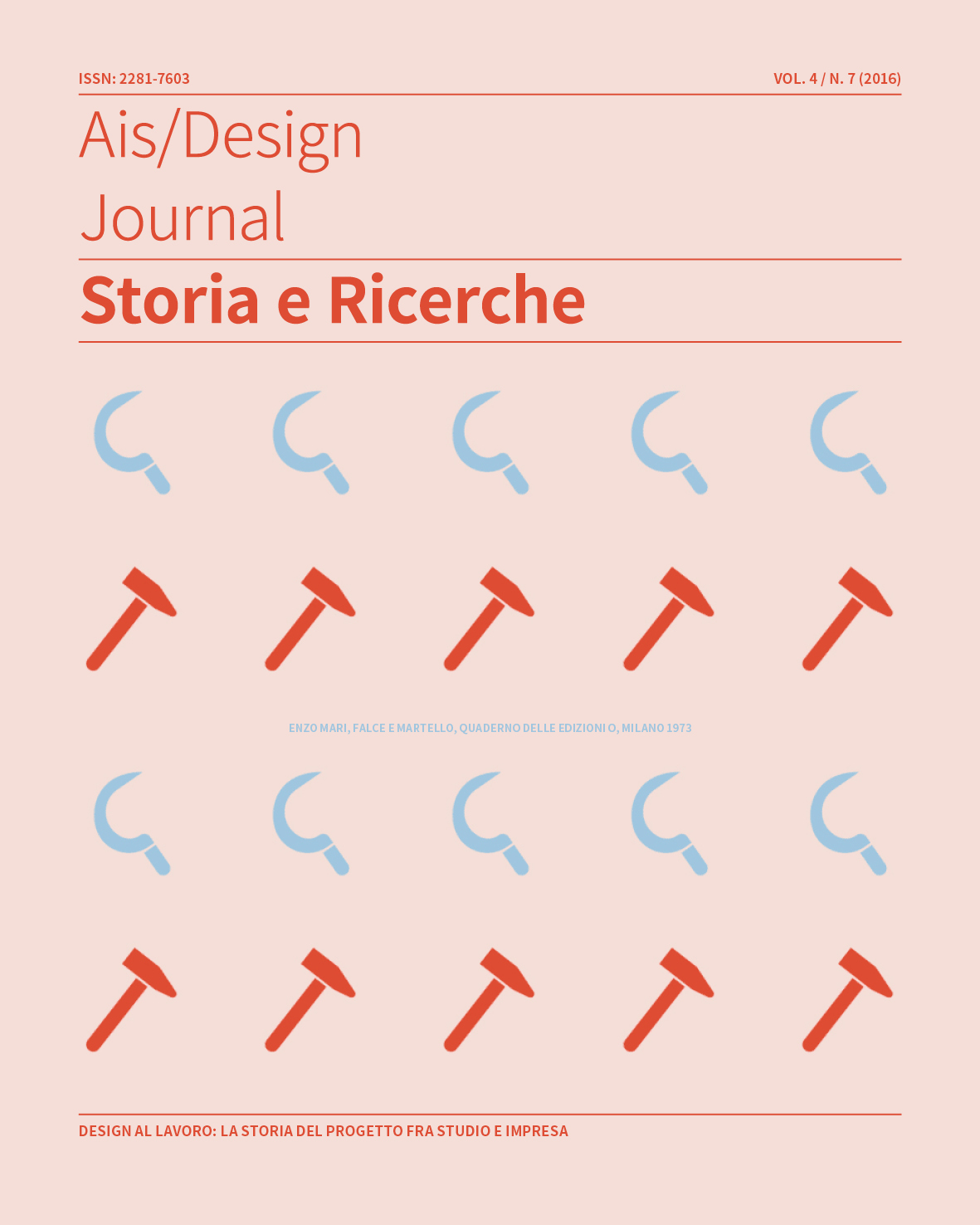The Social Workplaces, Collaborative Milieus for Design
Origins, Discontinuities and Perspectives for Participatory Design
Abstract
The concern of the design culture has shifted its focus over the past twenty years from economic growth to sustainable development, requiring user-centred approaches within open processes and collaborative work environments. Today creative thinking is applied to strategies and artefacts that address complex social and technical issues. This results in methodological criticalities in the adoption of experimental approaches to solutions involving the community. The experiences of participatory design from the 70s set the groundwork for the use of design in developing sustainable strategies to support grassroots innovation, transforming the operational milieus for innovation, which still remain largely unexplored. The article highlights the stages of this process, taking the Helsinki Design Lab as a theoretical reference. From this perspective, the historical analysis of participatory design is critical to re-interpreting the role of designers in the collaborative practices of design for social innovation.
Copyright (c) 2016 Antonio Iadarola

This work is licensed under a Creative Commons Attribution-NonCommercial-NoDerivatives 4.0 International License.
Creative Commons NonCommercial-NoDerivates 4.0 international License (CC BY-NC-ND 4.0).


